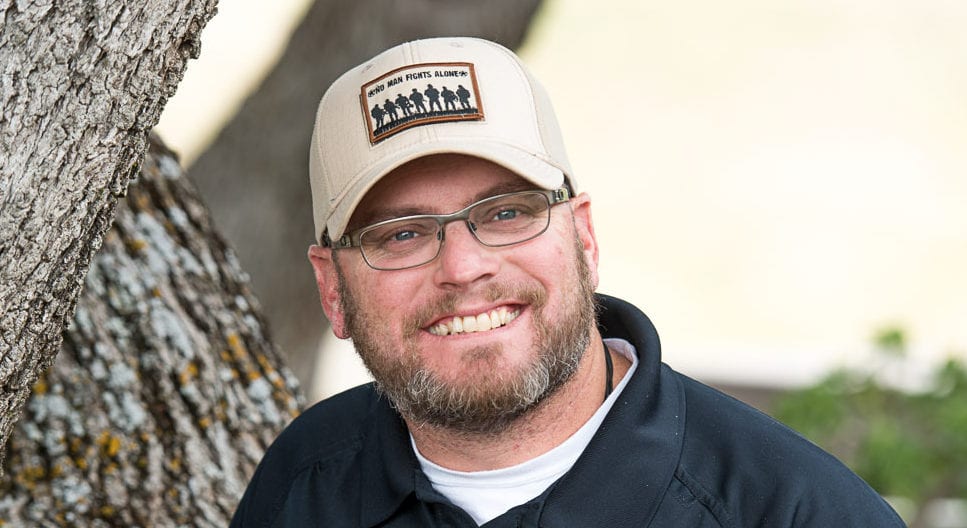After multiple deployments to Iraq and Afghanistan, Robert found himself stepping into the most difficult fight of his career: He was fighting for his life. Robert explains that circumstances and situations he experienced in both Iraq and Afghanistan, injuries sustained during combat operations in Afghanistan, and the loss of friends from combat and suicide drove him to “a state of absolute sadness, destruction, and despair. My life was at what I refer to as ‘rock bottom.’” He goes on to explain that, “I was drinking a lot, was angry and bitter, and was destroying every relationship I had… this included my four children.”
As if his situation wasn’t dire enough, the Marine Corps began the process to medically retire him because of his combat related injuries. This was not part of his career plan. He says, “I was in the process of losing the only identity that I had ever known: Marine.” Alone, bitter, and angry, Robert knew he needed help and participated in many programs in an attempt to “…fix the broken me.” But nothing had helped, and then he heard about Mighty Oaks.
As he tells it, “Mighty Oaks was my last stop for help. I had tried many other programs and they weren’t working. I told myself, if this didn’t work, I was going to take my life. I had no hope left in me and no desire to live.”
What made the difference at the Legacy Program? Robert cites three pivotal moments among a whole week of transformation. First, through listening to the instructors, team leaders, and other attendees, he realized, for the first time, that he was not alone in his struggles. Many others have dealt with or are still dealing with the same issues. There’s comfort in knowing someone understands. Second, the class on Legacy had a profound effect on him. “I didn’t want to leave [my kids] a broken, devastated, and hateful legacy.” And his third lifesaving gut-punch was hearing Heather Cangemi’s testimony about how suicide effects those left behind. “I had never thought about what happens to the loved ones I would leave behind if I acted and carried out my suicide. I had even witnessed suicide up close and personal, but hearing that changed me.”
When asked why, after completing the Mighty Oaks Legacy Program, Robert returned to undergo leadership training with Mighty Oaks and become a Team Leader and Instructor, he says, “If Christ can help me out of my darkest hour, I know He can help others. I want them to feel the release, the unloading, and the joy I feel. My team leaders helped me tremendously and I want to pay it forward.”
After retirement from the Marine Corps, Robert took a position as an intern with Mighty Oaks Warrior Programs and has become a key member of the team and an active Team Leader. The joy he spoke about is evident as he works with each new group of program attendees.






